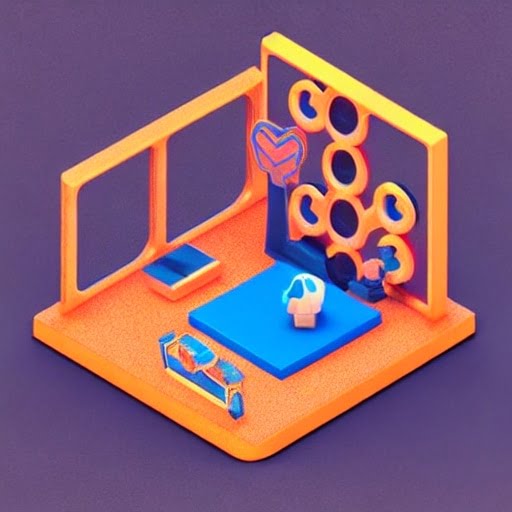To become a good front-end developer, you need a diverse set of skills that encompass both technical and non-technical aspects of web development. Here are the top skills required to become a good frontend developer you should focus on:
- HTML (Hypertext Markup Language): HTML is the foundation of web development. You should have a deep understanding of HTML to structure web content properly. Learn about HTML5 elements, semantics, and best practices.
- CSS (Cascading Style Sheets): CSS is used for styling and layout. Learn how to style web pages effectively, and understand CSS selectors, properties, and values. Proficiency in CSS frameworks like Bootstrap or Flexbox/Grid layout is beneficial.
- JavaScript: JavaScript is essential for adding interactivity and dynamic behavior to web pages. Master the fundamentals of JavaScript, including variables, data types, functions, and the Document Object Model (DOM).
- Responsive Design: Understand responsive web design principles, including media queries, flexible layouts, and techniques for designing websites that work well on various screen sizes and devices.
- CSS Preprocessors: Familiarize yourself with CSS preprocessors like Sass or Less, which simplify CSS development by introducing variables, functions, and reusable code.
- Version Control/Git: Learn how to use version control systems like Git and platforms like GitHub to manage your code, collaborate with others, and track changes in your projects.
- Web Performance Optimization: Optimize websites for speed and performance by reducing HTTP requests, optimizing images, and using techniques like lazy loading and code splitting.
- Frontend Frameworks: Explore popular frontend frameworks and libraries like React, Vue.js, or Angular, which can streamline the development of complex web applications.
- Frontend Package Managers: Learn how to use package managers like npm or yarn to manage and install frontend libraries and dependencies.
- Frontend Build Tools: Familiarize yourself with build tools like Webpack, Gulp, or Grunt, which automate tasks such as code bundling, minification, and transpilation.
- Browser Developer Tools: Master browser developer tools (e.g., Chrome DevTools) for debugging, inspecting elements, and performance analysis.
- Cross-Browser Compatibility: Ensure that your websites work consistently across different web browsers by testing and addressing compatibility issues.
- AJAX/Fetch: Understand asynchronous programming and how to make asynchronous requests to APIs using technologies like AJAX or the Fetch API.
- Web Accessibility: Learn about web accessibility standards (e.g., WCAG) and how to make websites accessible to users with disabilities by using semantic HTML, ARIA roles, and other best practices.
- Testing and Debugging: Develop skills in testing frameworks like Jest or Cypress for unit testing and end-to-end testing, and practice effective debugging techniques.
- Soft Skills: Effective communication, teamwork, and problem-solving are essential skills for collaborating with designers, back-end developers, and stakeholders.
- Continuous Learning: This is probably the most important skill for a front-end developer. Web development is a very fast-moving sector, where new developments/new product launch happens at a regular pace. You need to regularly upskill so that your knowledge and expertise is updated to what is happening in the industry. Stay up-to-date with the latest technologies, tools, and best practices through online courses, tutorials, and community involvement.
- Project Management: Basic project management skills can help you organize your work, meet deadlines, and prioritize tasks efficiently, especially when working on larger projects.
- Good Design Principles for Frontend: Familiarity with design principles, such as color theory, typography, and user interface (UI) design, can help you create visually appealing and user-friendly interfaces.
- User Experience (UX) Design: Understanding UX principles, including user research, usability testing, and user journey mapping, can contribute to creating exceptional user experiences.
Remember that becoming a proficient front-end developer takes time and practice. Working continuously on the skills required to become a good frontend developer needs time and effort. You need to continuously work on projects, seek feedback, and stay curious about emerging technologies and design trends to excel in this dynamic field.


This is a decent list. I like the idea that not just the technical aspects are mentioned, but soft skills too, and the focus on UX is also very important these days to stand out. With so many solutions out there, people choose the ones that are the most friendly to them.
You are right. Now, the most important aspect of any development, whether it is a web development or any application development, UX is the most important. The user experience is what finally decides whether the end user is happy with the overall experience of the website/application or not. Without a good UX, it is difficult to stand out from scores of others performing the same task.